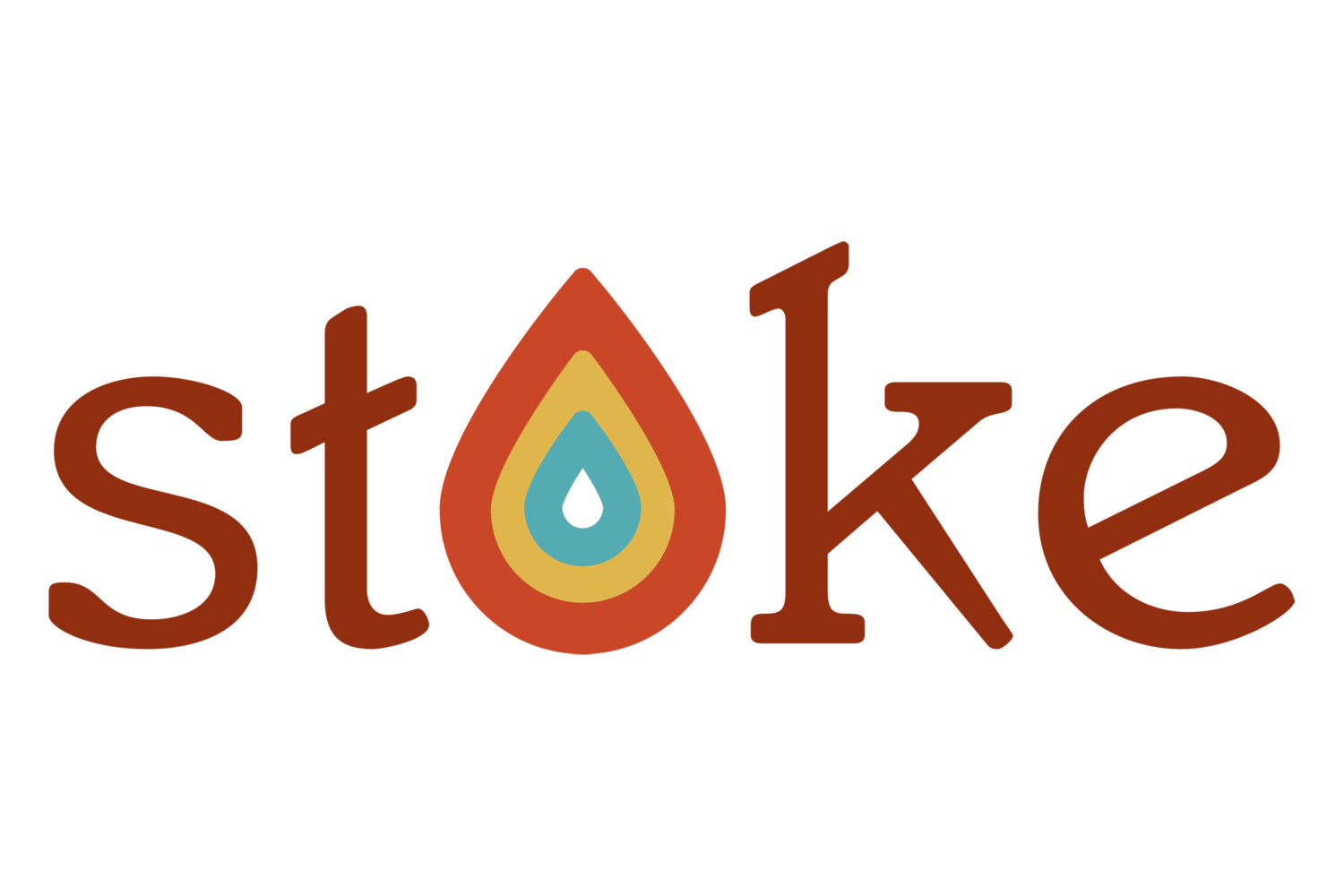During the Lunch + Learn on February 20th at Stoke, attendees heard from Dr. Christopher Harris, assistant professor in TWU’s College of Business and expert in human resources (HR). Summarized in this event recap are key takeaways from the session.
Harris outlined five tasks to starting your own HR, focusing on businesses that have fewer than 50 employees, which are categorized as small businesses.
Recruitment and selection
Onboarding
Maintaining personnel files
Creating an employee handbook
Complying with labor laws
“People really are the driving force behind an organization’s performance…if you make the work environment great, then people are going to perform well.”
The tasks presented in this recap are not necessarily in the order in which they were presented at the Lunch + Learn.
The success of a business depends on the people running and operating it, connected to a functioning and compliant HR department. HR revolves around employees, and some of their responsibilities include recruiting and selecting, onboarding, and maintaining personnel files for employees. During the first two processes mentioned, individuals in HR find talented and skilled people who will help the business grow as well as grow professionally from the business.
Employee Recruitment, Selection, and Onboarding
Harris emphasized that one should recruit and select for organizational and cultural fit and that small businesses have certain selling points for inviting individuals to join their teams.
The benefits for a prospective employee include the freedom to work within the business with fewer constraints than one might have in another type of company, opportunity to grow one’s skill set and have fulfilling experiences at work, and the ability to communicate on a more personal level with one’s employer and coworkers. These advantages of working for a small business can be incorporated into an employer’s branding, as well as discussed during onboarding, which can begin even before an employee’s first day, and continue well into the first year of employment. The onboarding process should integrate new employees into the company and help them get accustomed to their new roles.
Personnel Files
One of the most detailed tasks HR handles is keeping a personnel file for each employee, beginning with the recruitment process and ending with termination or exit interview information. Even if you don’t end up selecting a candidate for the job, you should still keep their application and other materials that you received or created for them in their own file.
Harris talked about additional types of records an employer should maintain in a personnel file, such as awards, recognition, or disciplinary actions, as well as what access options exist for employees to view their own files. In Texas, how often and how much an employee can view their employee file is up to the employer. An employer might choose to restrict access to a personnel file due to ongoing investigations or for related reasons. Federal and state laws govern the retention of employee records, which is typically up to seven years after employment.
Employee Handbook
An employer should also develop an employee handbook that covers the organization or business’ history, mission, values, policies, procedures, and benefits. Sections of the employee handbook should at minimum include:
Welcome message to employees
Policies and procedures
Benefits
Employee & employer responsibility for safety
Discipline & exit procedures
Summary and acknowledgment
Employees should sign a written acknowledgment of having received and reviewed the handbook, but this does not replace an employment agreement, which affects employment-at-will status.
Labor Law Compliance
Harris also went over notable labor laws that apply to small businesses, which included the following:
Equal Pay Act
Mandates that men and women doing the same work must be paid equally.
Title VII of Civil Rights Act
Prohibits discriminiation based on race, religion, sex, or national origin.
Age Discrimination in Employment Act
Prohibits discrimination against workers who are over the age of 40.
Pregnancy Discrimination Act
Defines discrimination on the basis of pregnancy, childbirth, or related form of medical condition to be a form of illegal sex discrimination
Americans with Disabilities Act (ADA)
Protects individuals with disabilities from being discriminated against in the workplace
Mandates that employers must take steps to reasonably accommodate individuals covered by the act
Genetic Information Nondisclosure Act (GINA)
Forbids unintentional collection of data relating to an employee’s genetic information (genetic tests of the person or family members) and harassment of employees related to this
Harris also gave a definition of sexual harassment in the workplace and how to prevent and handle complaints as an employer. Some preventative actions to take include developing and communicating a policy that defines and forbids it, training employees to recognize sexual harassment, and providing a way for employees to speak up and be protected.
A physical labor law poster is required by law, describing the Federal laws prohibiting job discrimination based on race, color, sex, national origin, religion, age, equal pay, disability, or genetic information. Electronic posting does not suffice. As a resource, Harris referred to the U.S. Equal Employment Opportunity Commission website (from which you can also obtain a printed labor law poster).
Stoke hosts monthly Lunch + Learn events for members of the Denton community and North Texas in the metroplex to participate in educational programming and add to their skill sets. Depending on attendee number, Lunch + Learn events are held in the event space or in a conference room for a more round-table setting. Past Lunch + Learn topics have included how to tell your story through branding to grow your business, responsible hiring practices, bookkeeping for your business, and more. Lunch + Learn previews and recaps can be read on the Stoke blog.
Do you have an entrepreneurship or business-related topic that you would like to learn more about? Let us know!




